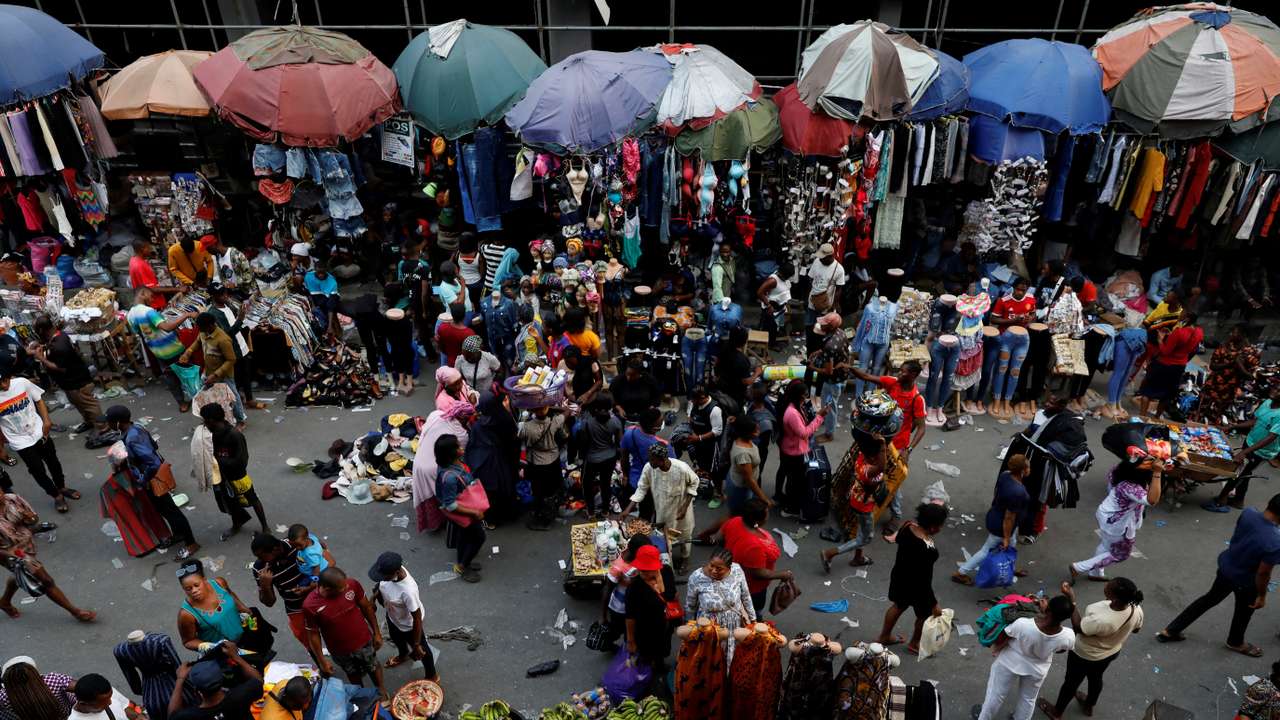British company PZ Cussons to pull out of largest market in Africa after sales plunge

British consumer goods company PZ Cussons is contemplating the sale of its African operations, citing challenging economic conditions on the continent, particularly in Nigeria, its largest market.
The company expressed concerns about its "significant exposure to Nigeria," particularly its currency, which is posing challenges. As a result, the consumer goods company is exploring options that may include selling its African operations, which contributed approximately 40% of its revenues last year, Semafor reports.
While PZ Cussons proposed delisting its Nigeria subsidiary from the stock exchange by purchasing its 27% stake for £23 million ($29 million), the country's securities regulator has prevented the move thus far.
The affected Nigerian subsidiary released a statement indicating that the Securities and Exchange Commission (SEC) had declined the company's request to acquire shares held by other shareholders at an offer price of N23 per share.
“It notifies the Nigerian Exchange Limited and the investing public that the Securities and Exchange Commission (SEC) has declined the Company’s request for its No Objection to PZ Cussons (Holdings) Limited’s (the majority shareholder's) intention to acquire the shares held by all the other shareholders of PZCN at an offer price of N23 per share,” the statement read in part.
The company's product range in Nigeria includes skincare, sanitary, and food items such as Imperial Leather, Morning Fresh dishwashing liquid, and Mamador cooking oil. However, rising inflation and currency devaluation have escalated production costs in Nigeria, prompting several consumer goods companies like Unilever, GSK, and Procter & Gamble to consider operational changes, including potential shutdowns or pivoting to importing items.
PZ Cussons reported a 23.7% decline in revenues in the first quarter of this year due to the weakening naira, with CEO Jonathan Myers stating that the company faces broader forex impacts that cannot be mitigated.
Established in Sierra Leone 140 years ago, the British soap maker has maintained a significant presence in Africa, where it currently generates nearly 30% of its sales. Despite facing a 48% decline in sales over the past year, the company's annual revenue stands at approximately £500 million ($622 million).